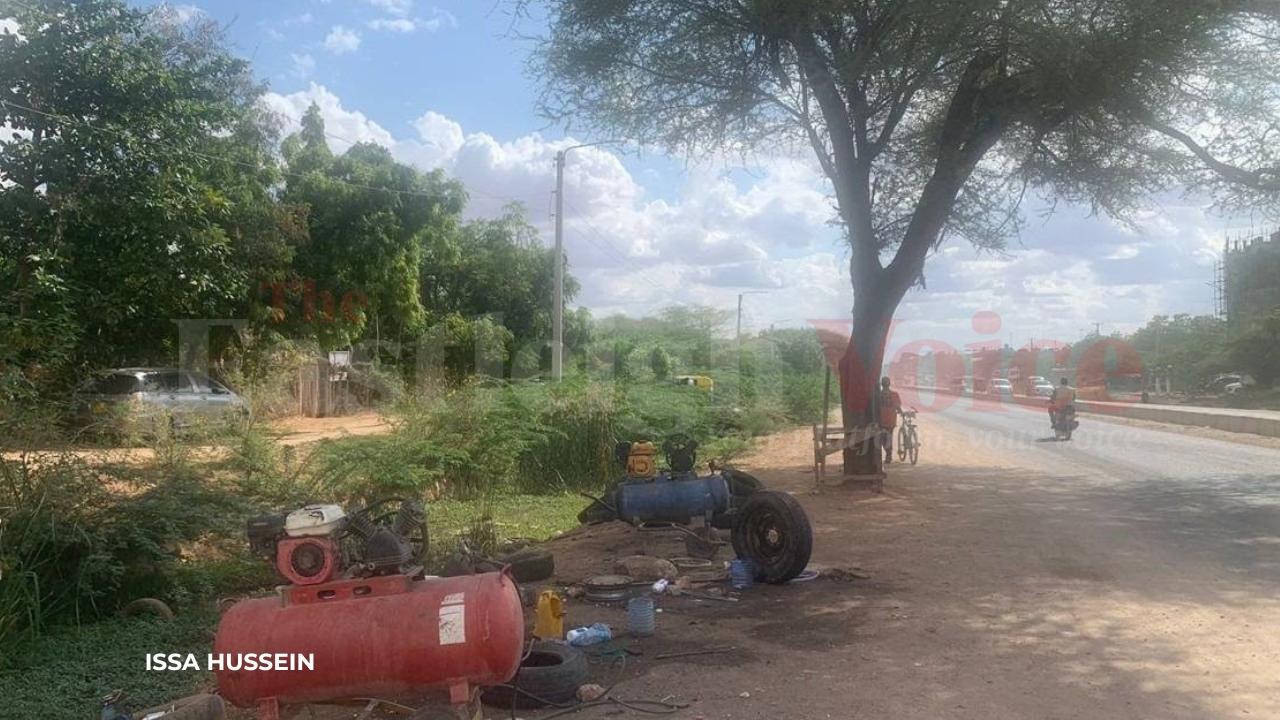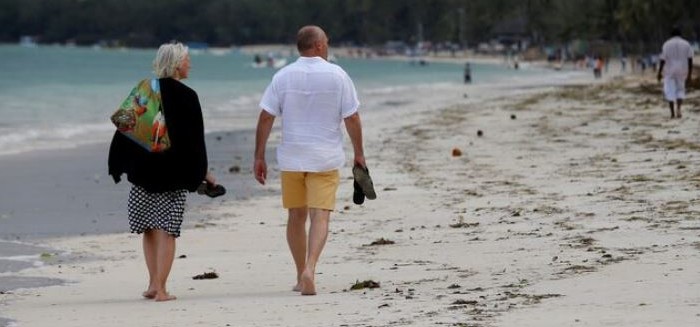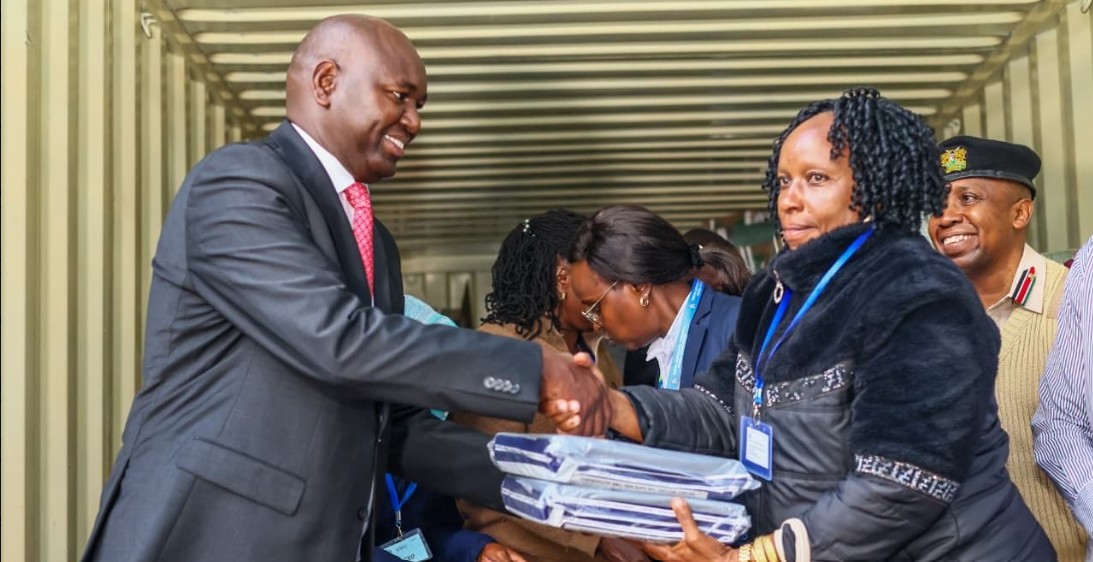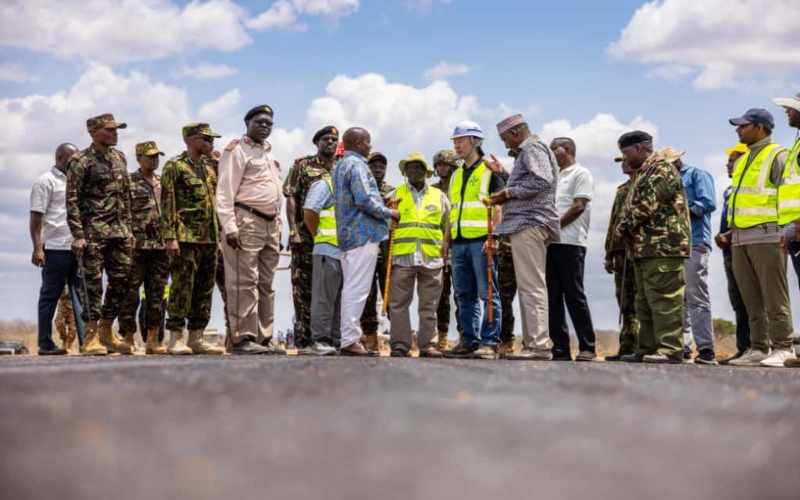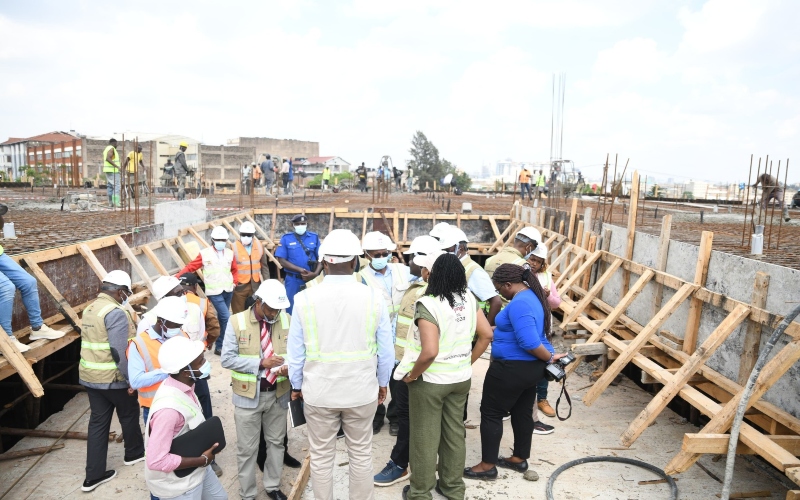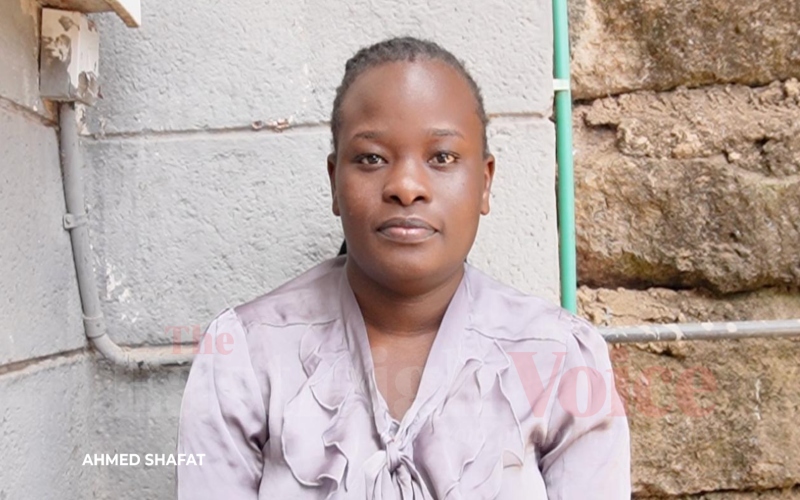NTSA urges collection of 102,000 license plates, refutes shortage claims
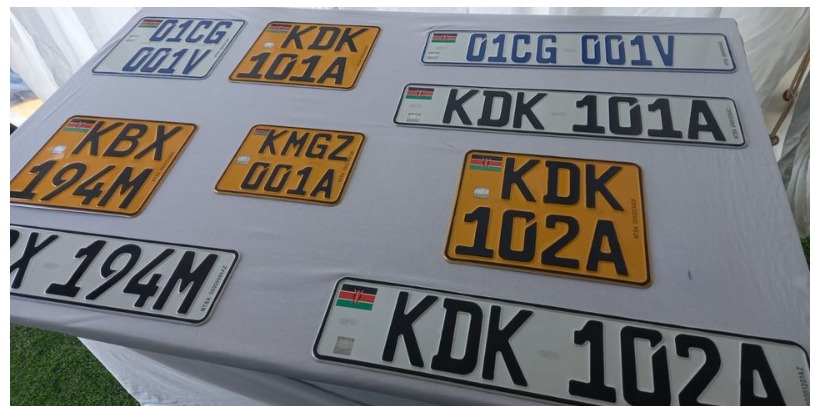
The National Transport and Safety Authority has refuted claims that Kenya is experiencing a shortage of number plates.
Instead, the authority says there are 102,000 uncollected plates across NTSA offices.
More To Read
- 20 firms fined Sh2.2 billion for failing to remit unclaimed financial assets
- MPs push Treasury to curb rising fees on unused foreign loans
- Majority of Kenya’s unclaimed assets under Sh1,000 - Auditor General
- Five family members killed in Murang'a road crash as matatu plunges into River Kiama
- Billions locked in stalled county projects across the country - CoB Margaret Nyakang'o
- KDF projects worth Sh22 billion stall as contractors abandon sites
This follows recent reports from several publications claiming a number plate shortage that has disrupted sales and affected dealers over the past three weeks.
“There has been a crisis in getting number plates for the past three weeks. We have been greatly affected because you cannot do bank transfers for the cars without a number plate,” Antony Aleri of CarMax East Africa told Business Daily.
Reports have it that new car buyers who have already paid the required Sh3,000 for their number plates are left in limbo, waiting for plates that appear to be out of reach.
“It is bad; normally we get number plates within a maximum of one week after registration. But currently, cars that were registered in the first week of August are still at the port,” added Cindy Ndeda, the marketing manager at SBT Japan's Kenyan office, while speaking to the Business Daily.
However, the authority said on Friday, contrary to the reports, there are approximately 102,000 uncollected plates across NTSA offices.
"The country is not experiencing a shortage of number plates. We have 102,000 uncollected plates across NTSA offices," the authority said.
According to the authority, motor vehicle dealers and individual owners are now required to collect their plates from the centres they selected during the application process.
Car dealers faced significant challenges earlier this year when the National Transport and Safety Authority (NTSA) migrated its Transport Integrated Management System to the eCitizen portal. The transition, which occurred in December last year, led to frequent system downtime, hindering logbook transfers and new registrations.
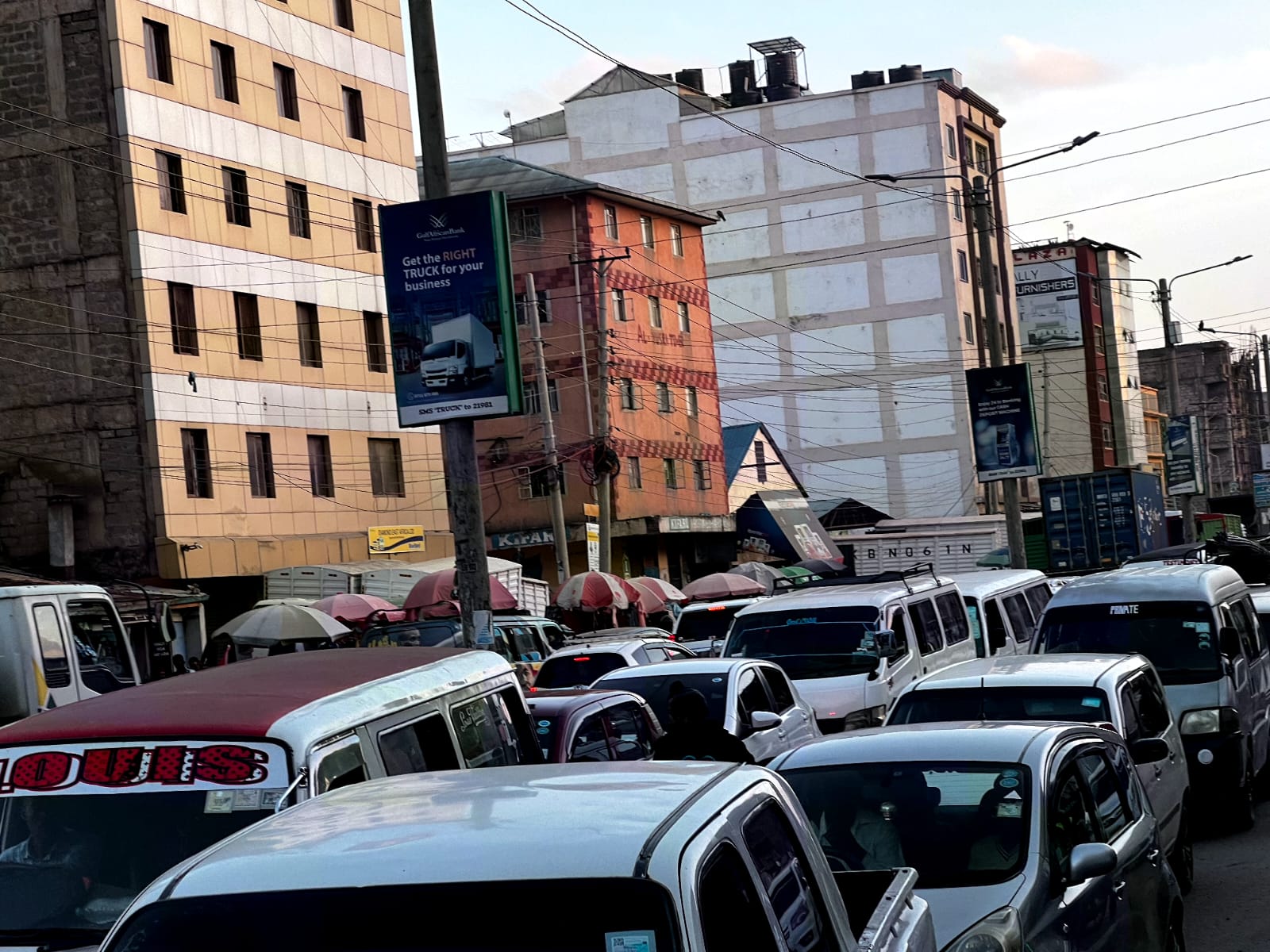 Heavy traffic along Eastleigh's First Avenue. (Photo: Amiin Abdulahi)
Heavy traffic along Eastleigh's First Avenue. (Photo: Amiin Abdulahi)
This disruption severely impacted car dealers' cash flow, particularly since most used car purchases rely on asset finance, where banks cover up to 80 per cent of the vehicle's cost. Compounding the issue, a persistent shortage of number plates has plagued the industry for years, further exacerbating the challenges faced by car dealers.
Auditor General Nancy Gathungu's June audit report revealed a troubling scenario within NTSA, uncovering a massive backlog of critical documents, including 20,006 number plates, 17,474 motor vehicle logbooks, and 5,753 smart driving licences that remain uncollected in regional offices.
The audit highlighted inefficiency, with some documents gathering dust for over five years, along with a pile of expired driver's licences.
The report also uncovered discrepancies between system records and physical stocks, suggesting serious administrative lapses.
Although NTSA's system restricts collection to authorised personnel, the audit noted that regional offices had allowed unauthorised individuals to retrieve items, further worsening the situation.
How can drivers obtain the new generation number plates?
According to the agency, the application process has been "reduced to three simple steps."
Owners of motorcycles or other motor vehicles are required to log in to their eCitizen account, select the NTSA portal (new), select the motor vehicle, and then view the information.
In the second step, the applicant will need to click on Motor Vehicle Services, then Reflective Plate, and select the type of plate and the counter collection office.
Thereafter, you will need to attach the required documents in PDF format.
A single reflective number plate costs Sh1,550, while a pair costs Sh3,050.
Under the third step, you scroll down, tick the declaration box, click preview, submit to pay for the plate, and click complete.
You will then receive a collection notification through SMS.
Plate processing takes seven days, according to the NTSA, which calls on those who have applied to collect it. The current fifth-generation number plates started in September 2020 with KDA 001A.
Top Stories Today
